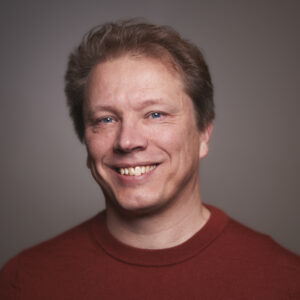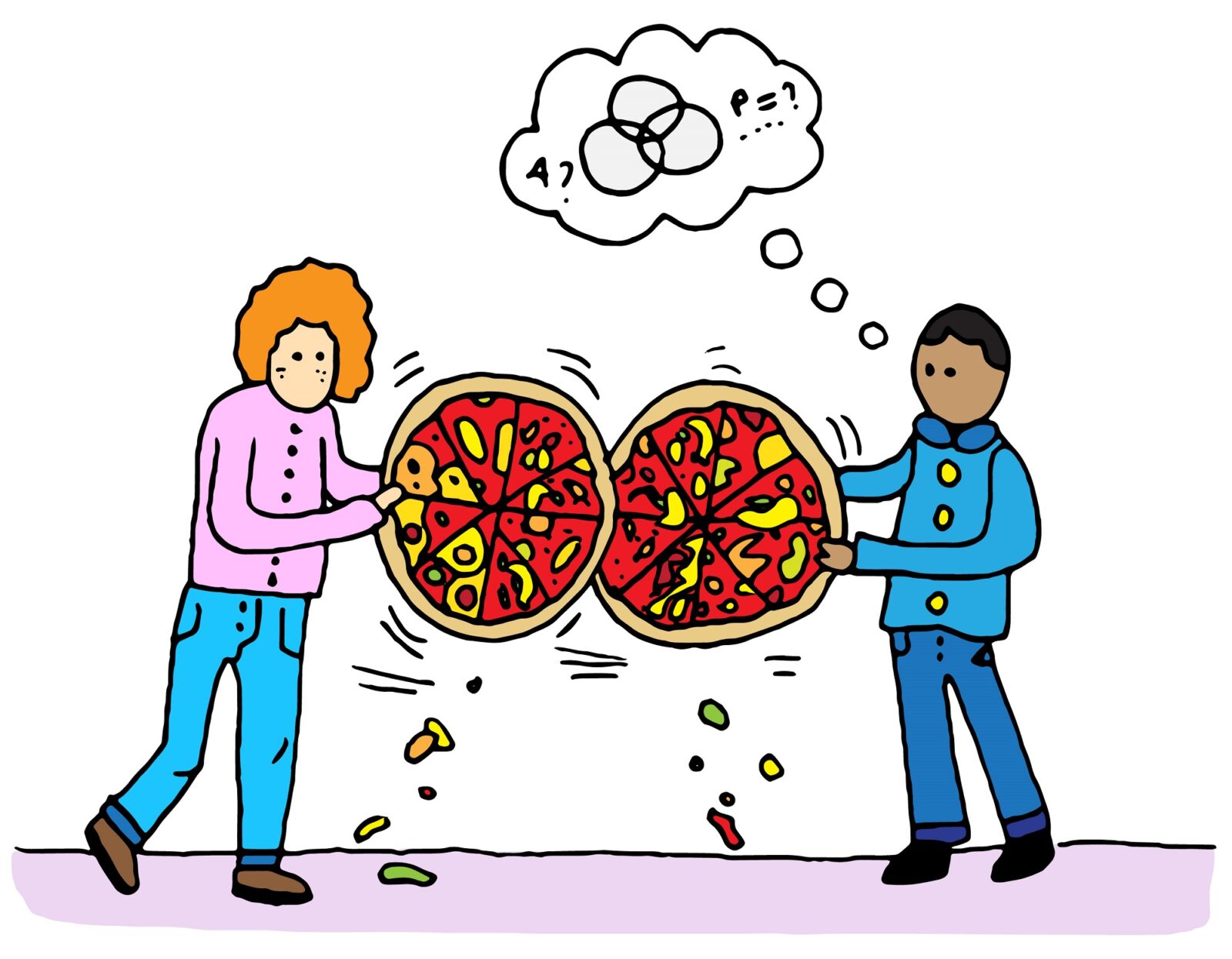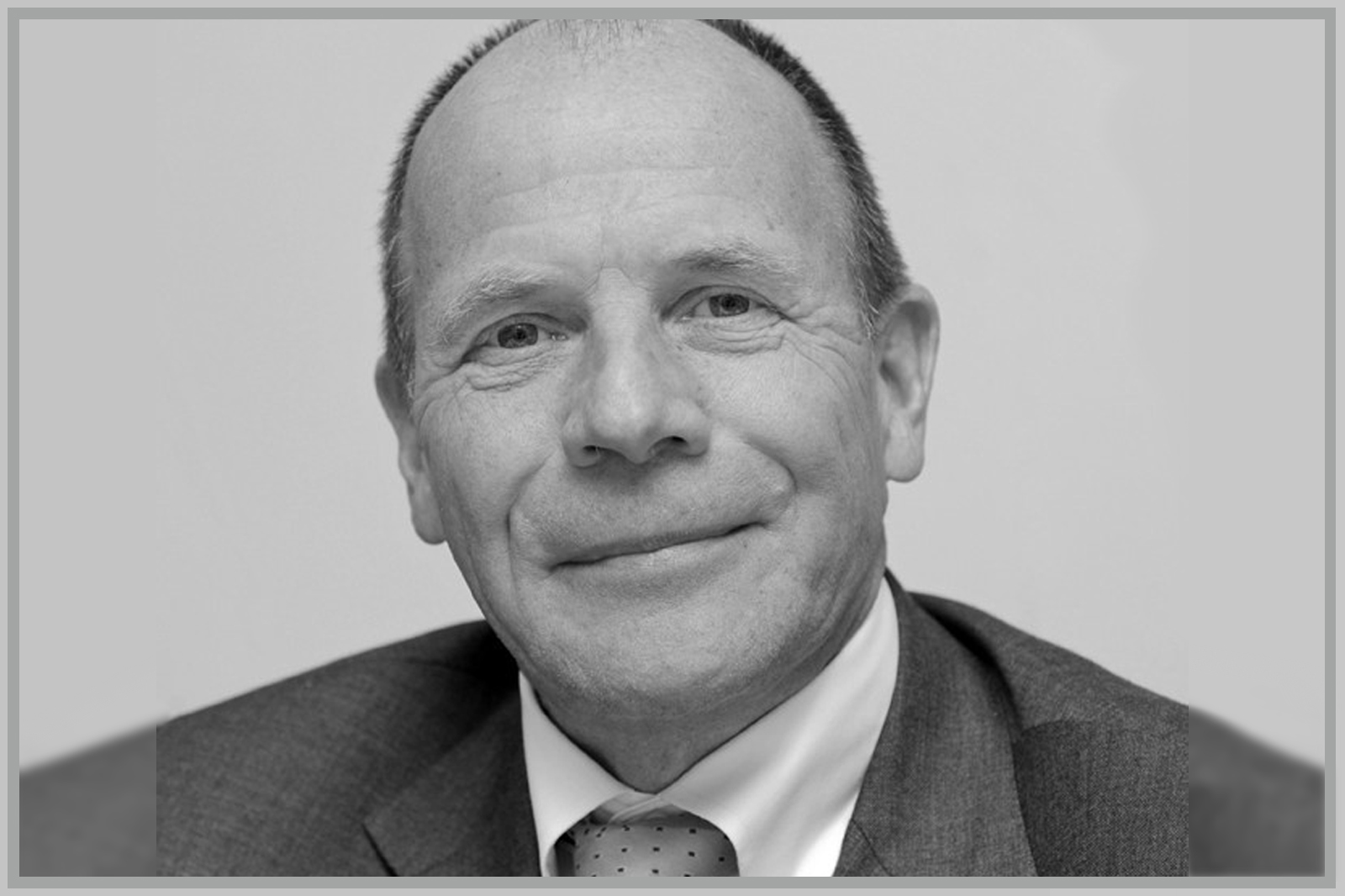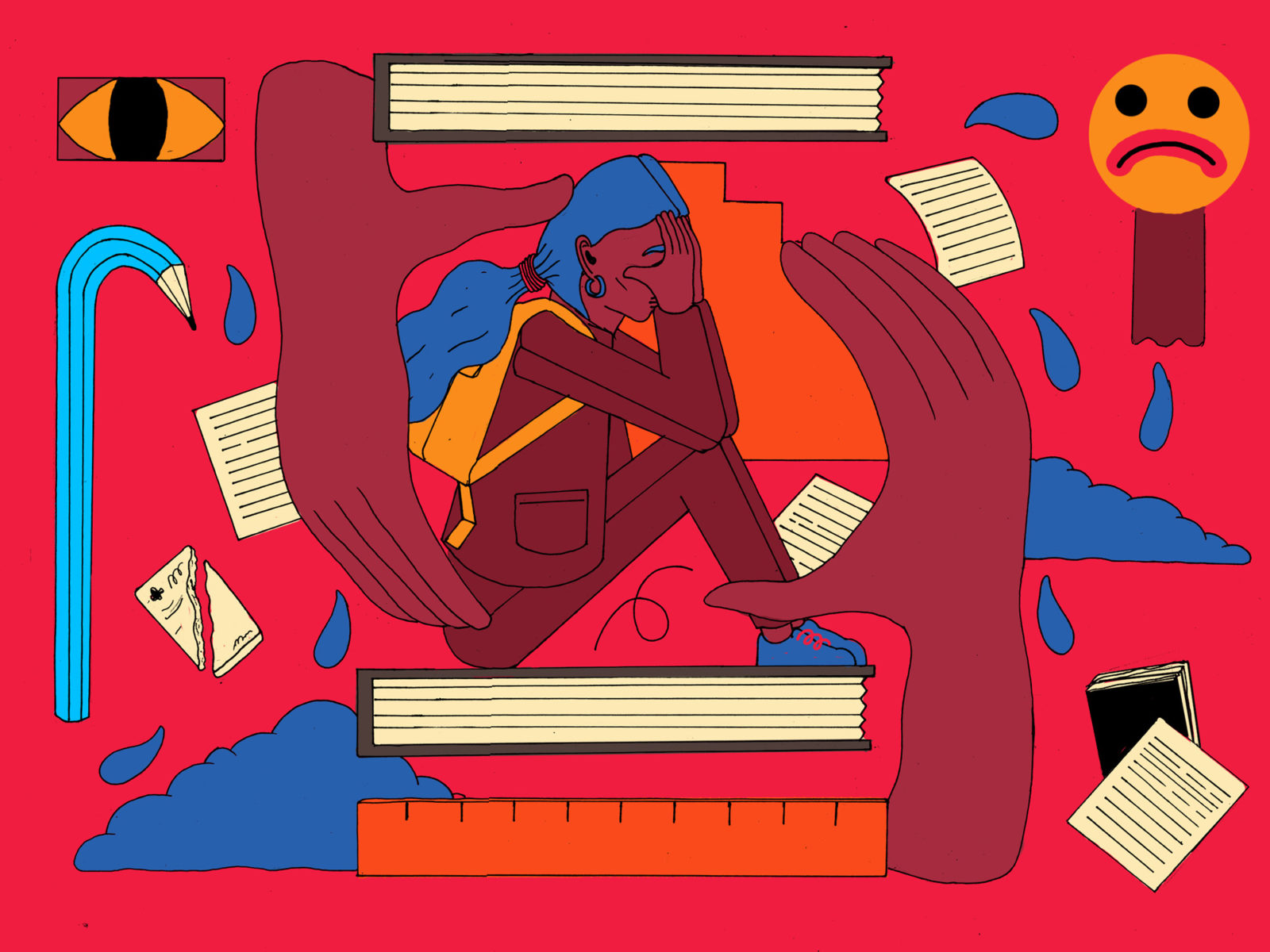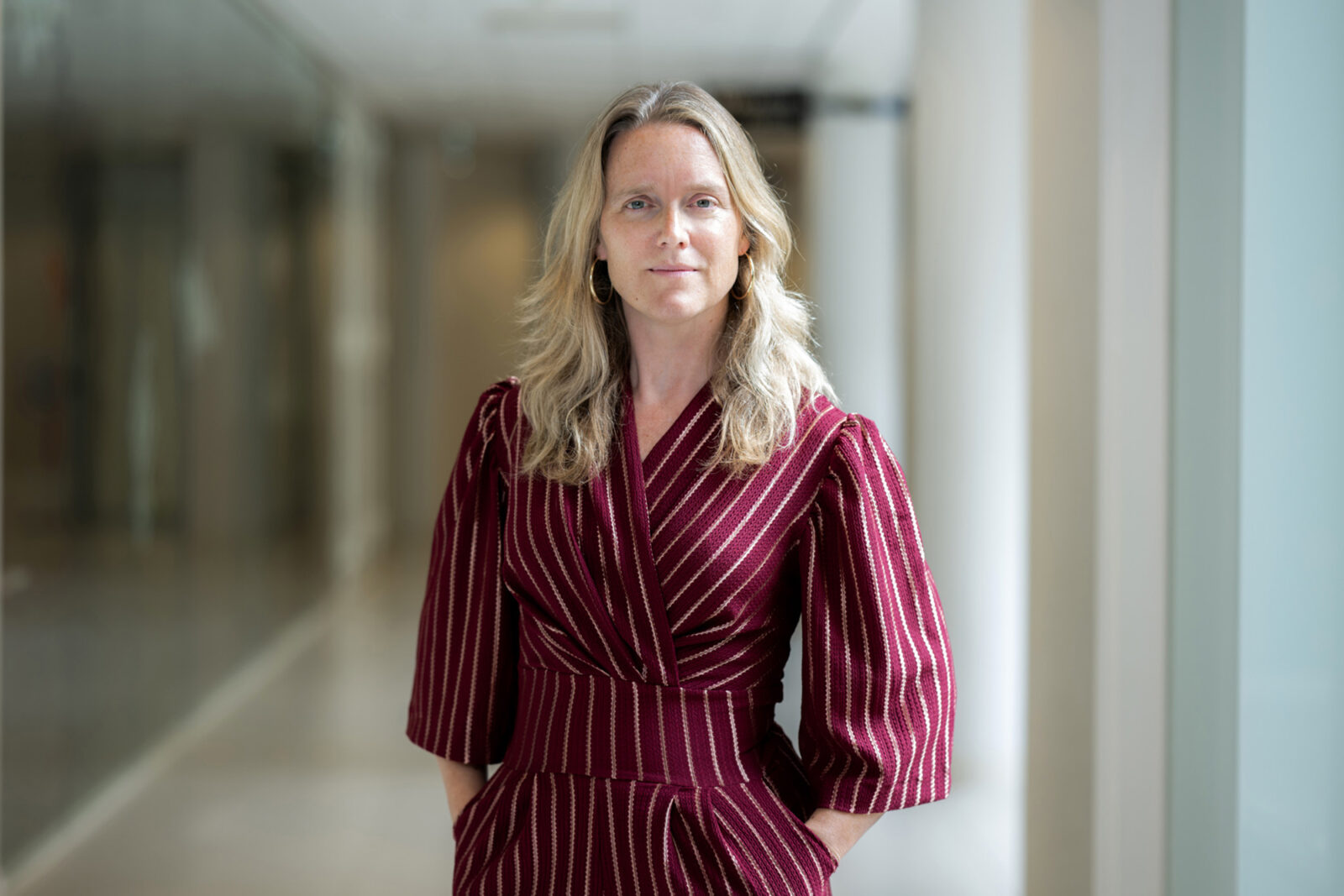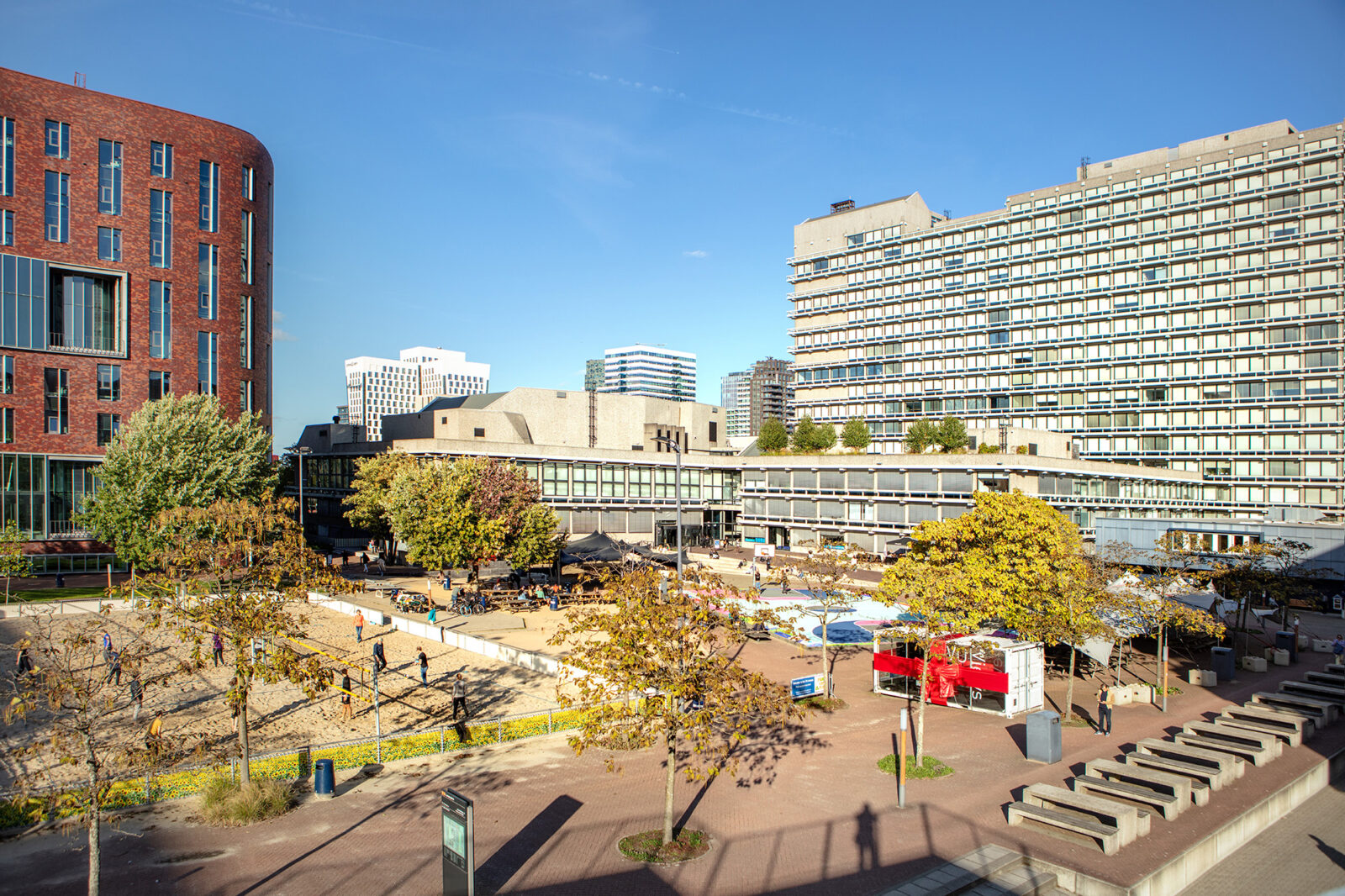‘One of the first rockets to hit Kyiv landed in my neighbours’ house’
What is it like for Ukrainian students, seeing this war rage in their home country? What does it mean to them and to their friends and family? Bohdan Markiv studies Economics and is from Kyiv. “They rang me at 5am to say that the attack had begun.”
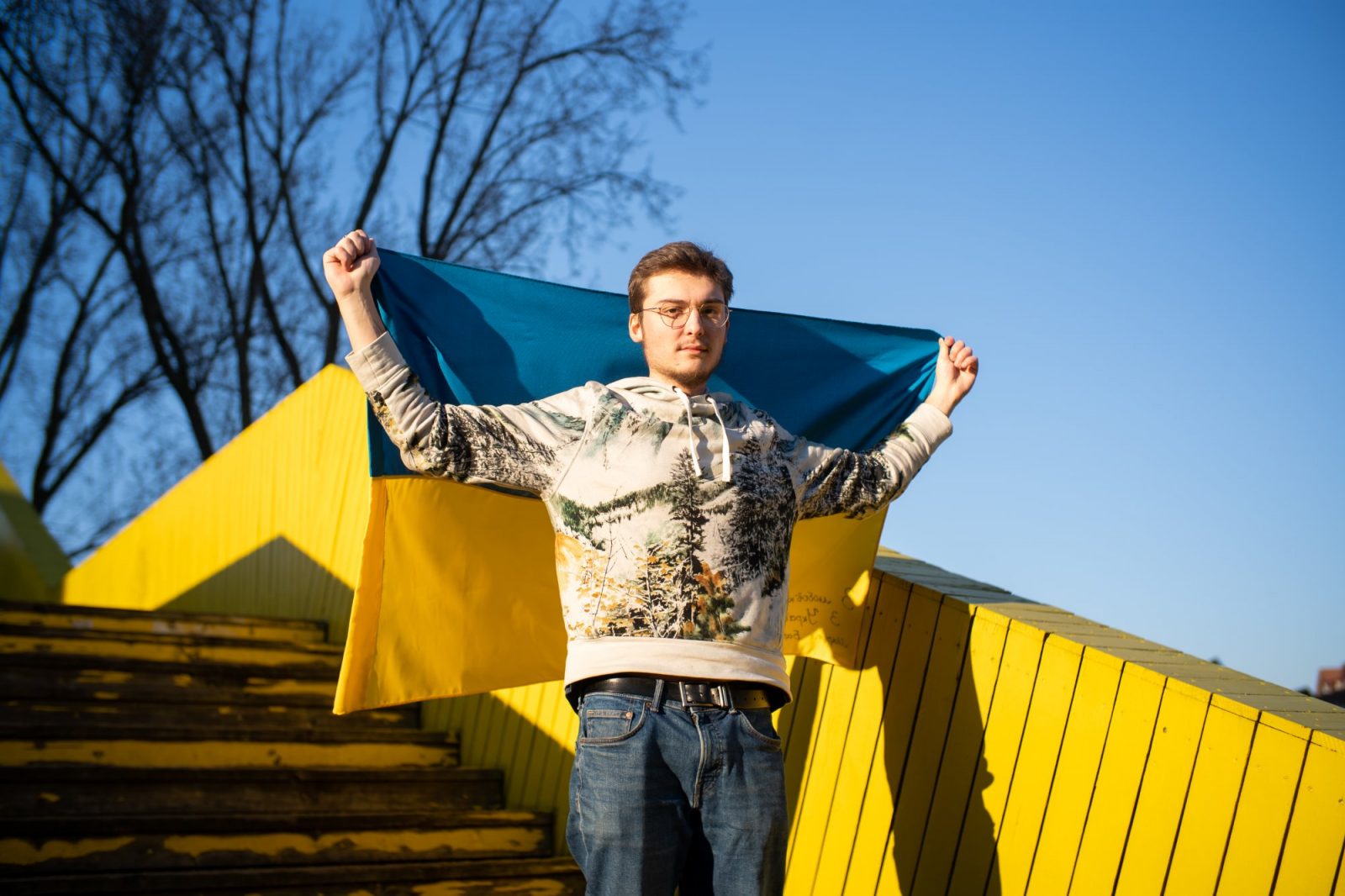
Image by: Ali Alshamayleh
Bohdan, 19, has an entrepreneurial spirit. “As a teenager I established an NGO that helps disabled children and promotes social entrepreneurship in teenagers by having them set up projects.” He also established a small company that helps Ukrainian pupils find work placements. He has lived in Rotterdam for the last two years.
During the first days of the war, Bohdan found he felt better if he was doing something, if he contributed in some way or another and did something that would make him feel less powerless. “I created a map that shows the exact status of each village and city in Ukraine. Have Russian soldiers been spotted there? Has the place been bombed? It helps refugees find a safe route.” Along with other volunteers, he uses group chats and other tools to collect up-to-date information, 24/7. “Of course it’s not an official map, but it has helped refugees, including my parents.”
More than panic
‘I was lying on the floor, shaking. I regularly have seizures, it’s a tic, but this one was twice as bad as usual’
The first night of the invasion was the hardest on Bohdan. “My parents rang me at 5am to say that the attack had begun. It was like you imagine things happened back in 1941 (the year the Nazis invaded Ukraine – ed.). They told me they could hear rockets.”
Bohdan tries to explain how he felt when he heard this. “’Panic’ isn’t the right word. Panic is what I experienced when the Russian army was encircling Ukraine. I panicked when Putin recognised Donetsk and Luhansk as independent states. When my parents rang that night, I had a seizure. I was lying on the floor, shaking. I regularly have seizures, it’s a tic, but this one was twice as bad as usual.” The next day he was so overwhelmed by his emotions that he was unable to stand upright. “My housemates helped me get through it by talking to me about it.”
At the time of the invasion, his parents lived in Kyiv. “One of the first rockets to hit a civilian target in the city landed in our neighbours’ home,” Bohdan says, his face clouding over. “Their home was destroyed. A major fire erupted and my parents’ home shook really hard. You’d think that people would start screaming after something like that, but no. They were actually really quiet for a few minutes. They were in shock. It wasn’t until a bit later that they sprang into action and ran to a bomb shelter.”
Which is where his parents stayed, with the dog and two cats. “After a few hours they were able to leave, because in those first few days, there were no continuous attacks. They came in waves.” After this disastrous day, his parents initially stayed in Kyiv. “They were in shock and that first day they couldn’t get anything done. But once the attacks intensified, they did flee.”
Escape route
Bohdan was able to help them do so to some extent, because his map allowed them to find a safe route. “We planned a route at night and in the morning they found a safe time to leave. And it worked, because they took a very roundabout way through a whole heap of villages, but in the end, they didn’t meet a single Russian soldier.” His parents fled to a small village near the city of Vinnytsia, some forty kilometres from the Moldavian border. From there his mother will try to reach Moldova.
His father will have to stay in Ukraine to help fight the Russian army. Bohdan is in two minds about that. “On the one hand I understand it. My father is a reserve officer, and I’m proud he and my stepbrother have enlisted in the army. But on the other hand, my father is in poor health. He has a weak back. But mostly I’m proud.”
MH17
So how does he feel about Europe’s response to the Russian invasion? “Well, it’s a lot better than it was in 2014! At the time, many people thought it was ‘just a bunch of Ukrainians’ waging war on each other, even though in actual fact, Russia was waging war on us. There was even an idiot here who said that we shot that Boeing, even though it’s been proven 100% that MH17 was shot by the Russians.”
Now it’s all different. “I’m genuinely grateful for all the actions being undertaken to help refugees and collect things for them. At the same time I feel that Europe doesn’t really understand yet what will happen if Ukraine falls. The next rocket will then be aimed at Moldova or the Baltic states. This is not a local conflict.”
Bohdan feels that NATO should close the air space above Ukraine, even though we might have World War III on our hands if Russia and all those NATO member states should end up fighting. “I understand why NATO fears this, but how can we allow children to die in Ukraine because NATO is afraid?”
Financial worries
One might almost forget that despite everything, Bohdan is still expected to study. “Yeah, I had a seminar about something marketing-related,” he says, smiling. “It all sounds so unimportant now. All I’m thinking about is what’s happening in Ukraine.” During one of his exams, his thoughts were mostly with his mother, whom he rang immediately afterwards. He’s also worried about his tuition fees. “I don’t know if I’ll be able to pay them down the track. My family are out of work. And taking out a loan is risky, because who knows what my future will be like?”
He is receiving help from the university. “I’m particularly grateful to my lecturers Vadym Volosovych and Julian Emami Namini. Vadym is originally from Ukraine himself and often discusses the situation with us. Julian sent me a message on the day of the invasion because he knew I’m Ukrainian. Since then, he has contacted me every day to ask how I’m doing.”
Read more
-
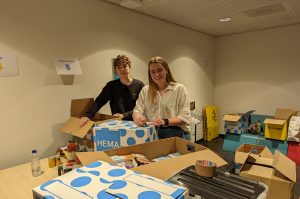
Piles of boxes and bags for Ukraine: ‘I’ll never get this in my car’
Gepubliceerd op:-
Student life
-
De redactie
-
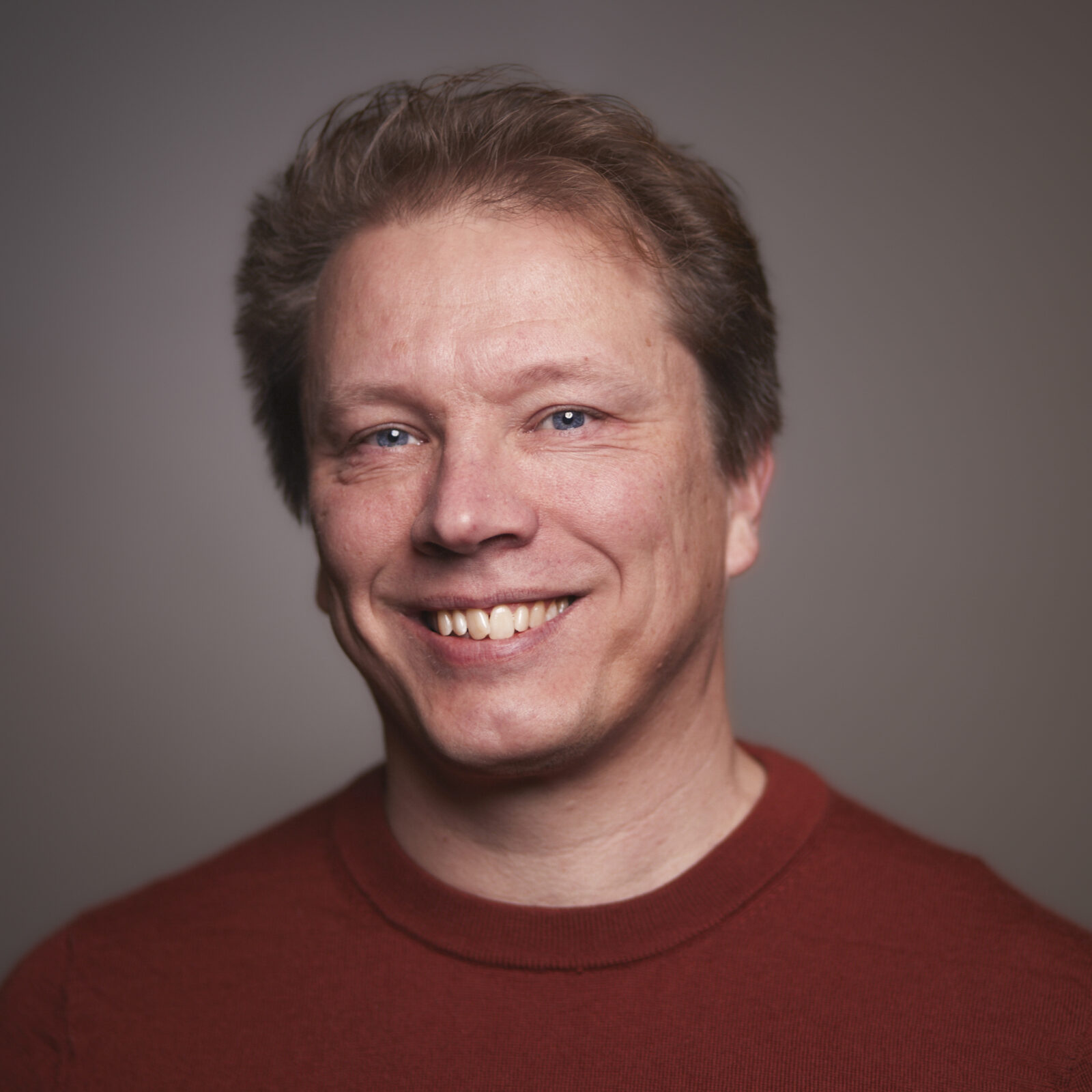 Elmer Smaling
Elmer SmalingSenior Editor
Latest news
-
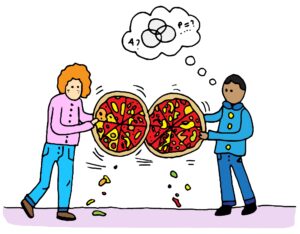
Student with dyscalculia denied dispensation for statistics exams
Gepubliceerd op:-
Education
-
-
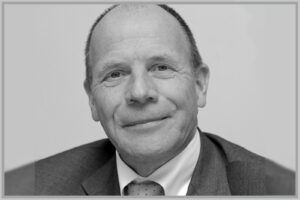
In Memoriam emeritus professor Hans Gortemaker
Gepubliceerd op:-
In memoriam
-
-
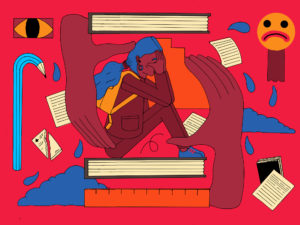
Number of suicides among young people increases
Gepubliceerd op:-
Mental health
-
Comments
Comments are closed.
Read more in student life
-

Number of suicides among young people increases
Gepubliceerd op:-
Mental health
-
-
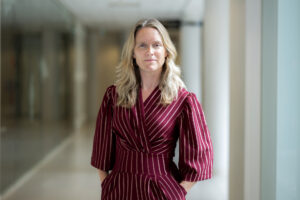
Education Council criticises ‘one-sided’ view of student wellbeing
Gepubliceerd op:-
Student life
-
-
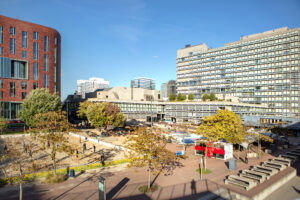
Fight at the VU, university newspaper had previously reported suspect to the police
Gepubliceerd op:-
Student life
-
